Tourist regions outvoted in holiday home upset
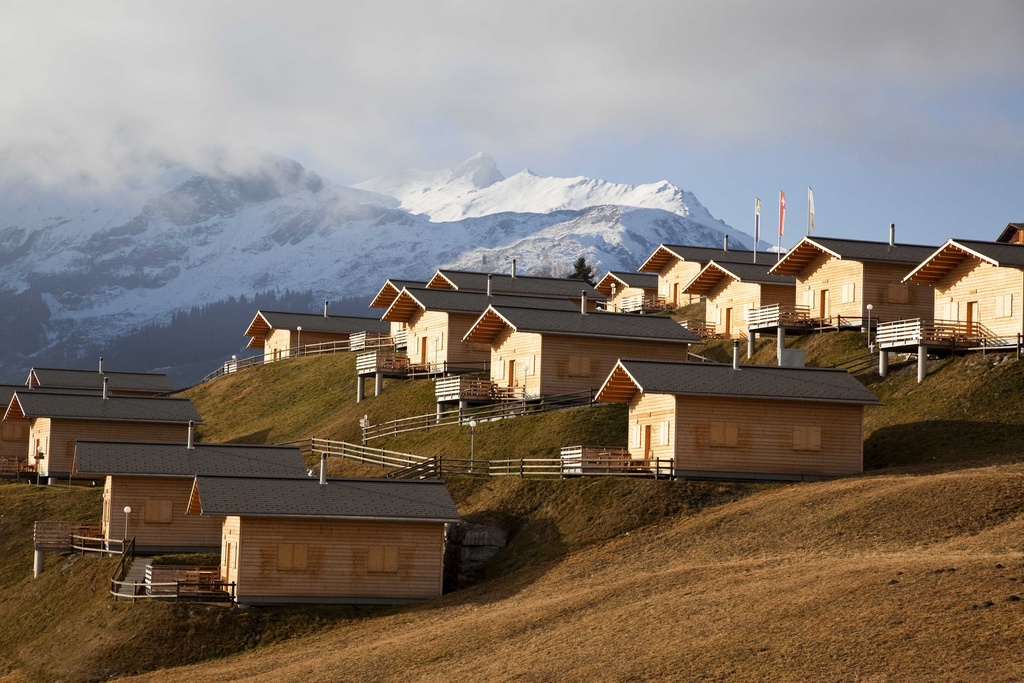
The government has warned it will not be easy to implement a 20 per cent limit for holiday homes following Sunday’s surprise acceptance at the ballot box.
Environment Minister Doris Leuthard called on all sides involved to cooperate to clarify open questions and prepare the necessary legal reforms which respect the new constitutional amendment.
Leuthard said many questions about the scope of the initiative and pending construction permits remained to be answered.
She said the cabinet shared voters’ concern about the increasing number of empty holiday homes and the difficulties for the local population in holiday resorts to afford housing.
“We need a more careful use of our territory as well as a better occupancy rate of second homes,” she told a news conference.
Just over 50 per cent of voters came out in favour of an initiative by a prominent environmental group to cap the number of second homes in every commune across the country.
Leuthard said communes, home owners, the tourism industry and the initiative committee should work together with parliament and the government to help implement the terms of the constitutional amendment in the law.
Watershed
Franz Weber, the 84-year old mastermind behind the initiative, said it was a victory for the tourist regions and a watershed in the country’s environmental policy.
He lashed out at opponents for “spreading lies to try to prevent victory”.
The government and most political parties as well as the business community had warned that a strict limit would harm the industry and have a damaging impact on remote regions.
“The decision jeopardises the economic development of the mountain regions,” a statement by the conference of seven mountain cantons said.
The president of Ticino tourism, Marco Solari, said the result was tantamount to a subjugation of mountain regions by lower-lying cantons.
Political scientist Claude Longchamp said Sunday’s ballot box verdict showed that ecological issues had a chance of winning a majority if they appealed not only to an urban electorate but also to conservative voters.
Detailed results show that the initiative had the support not only of voters in urban regions but also in rural areas. Only Valais – a traditional tourist region – recorded an overwhelming majority of no votes.
In the history of modern-day Switzerland only 19 of the nearly 180 people’s initiatives have been accepted.
Holidays and book price
Voters on Sunday rejected a proposal by a trade union group to increase the statutory holiday entitlements by two weeks to six weeks.
Justice Minister Simonetta Sommaruga said the result was in line with recommendations by the government and the business community.
She added longer holidays were not the only way to keep employees healthy and happy.
Sommaruga added that increasing stress at the workplace remained an issue and that she hoped employers would give it the necessary attention in negotiations in their respective industrial sectors or at company level.
The initiative was rejected with a 2:1 majority.
In other issues, voters threw out the re-introduction of a fixed book price agreement to protect Swiss publishers, authors and bookshops – overturning a decision by parliament.
Also rejected was an initiative aimed at granting tax breaks for citizens saving up to buy property.
A government proposal to enshrine in the constitution regulations on casinos and lotteries and boost prevention efforts against gambling addiction was accepted.

More
People’s initiative
Holiday homes:
50.6% yes – 49.4% no
Holiday entitlements:
33.5% yes – 66.5% no
Fixed book prices:
43.9% yes – 56.1% no
Tax break property owners: 44.2% yes – 55.8% no
Casino & lottery regulations: 87.0% yes – 13.0 % no
Turnout: 45%
About 5.1 million citizens, including 136,000 registered Swiss expatriates, were eligible to participate in the five nationwide ballots on March 11.
As part of ongoing trials with e-voting, around 116,000 citizens, mainly Swiss abroad, could cast their ballots online.
Some 19,000 expats, – around 16.5% – took part on March 11.

In compliance with the JTI standards
More: SWI swissinfo.ch certified by the Journalism Trust Initiative

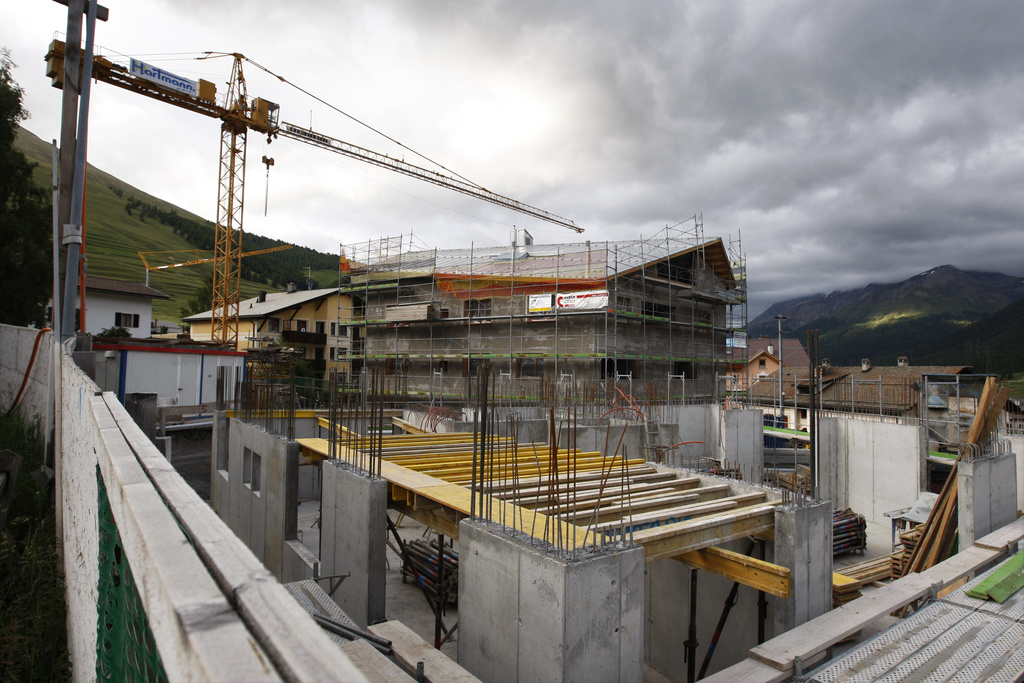
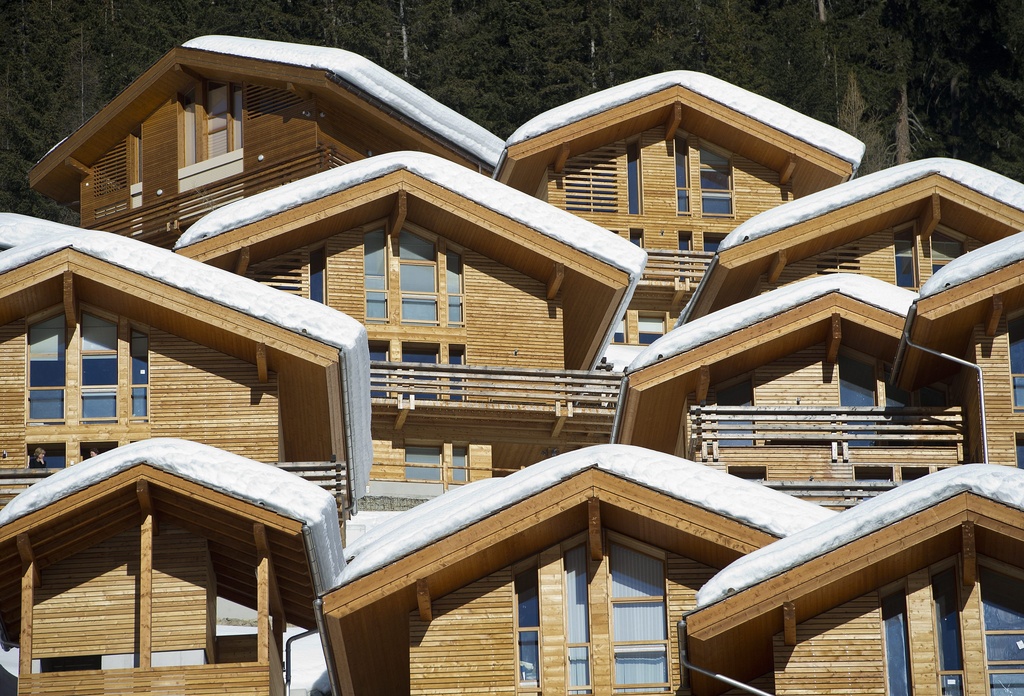
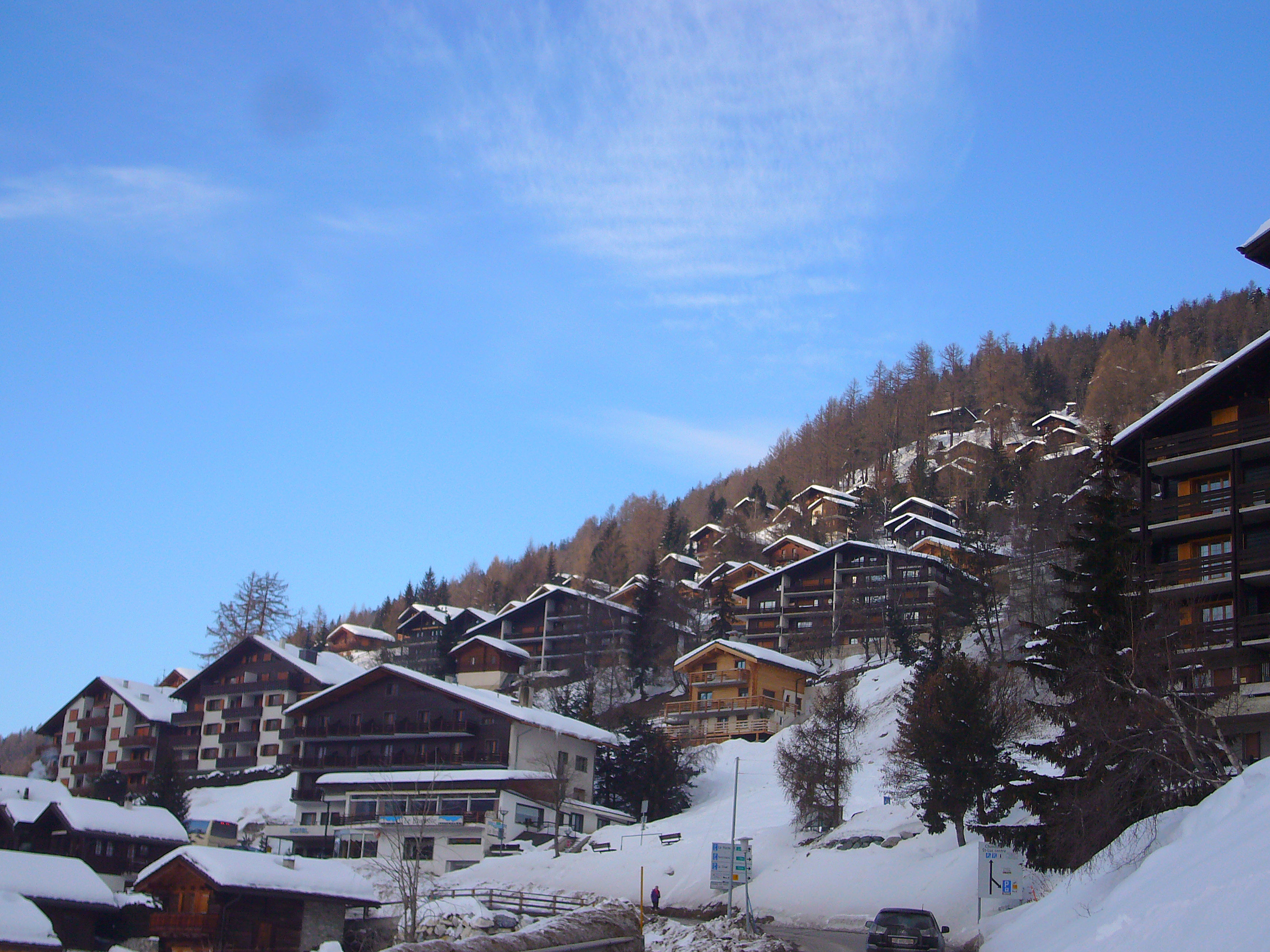

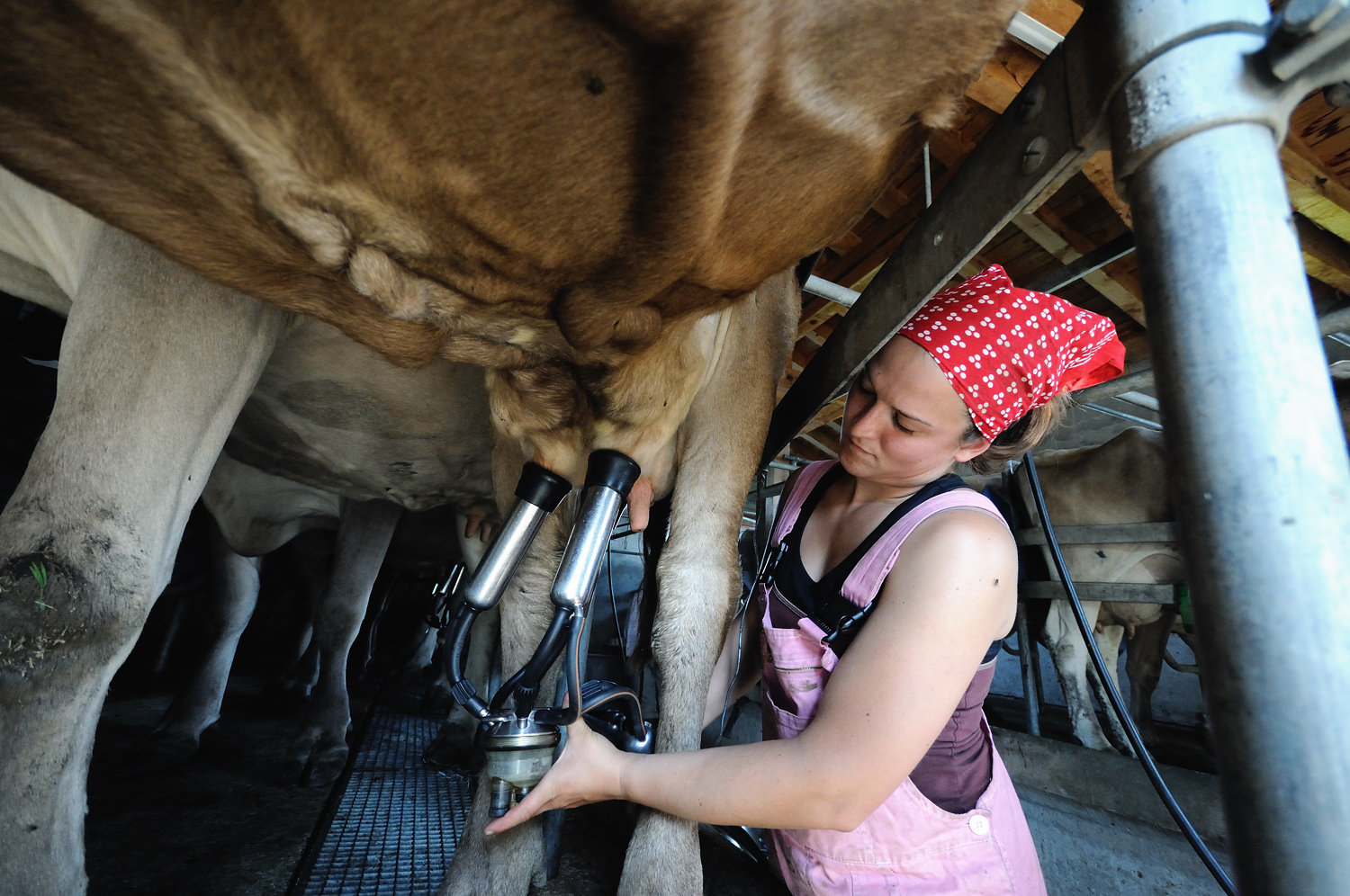

You can find an overview of ongoing debates with our journalists here. Please join us!
If you want to start a conversation about a topic raised in this article or want to report factual errors, email us at english@swissinfo.ch.